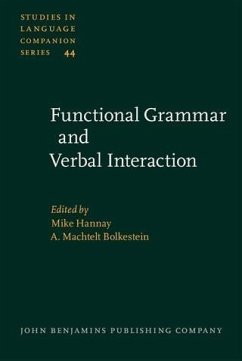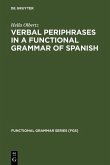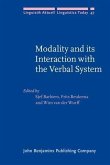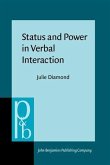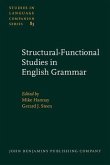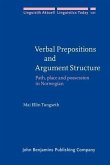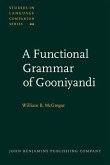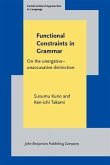Functional Grammar (FG) as set out by Simon Dik is the ambitious combination of a functionalist approach to the study of language with a consistent formalization of the underlying structures which it recognizes as relevant. The present volume represents the attempts made within the FG framework to expand the theory so as to cover a wider empirical domain than is usual for highly formalized linguistic theories, namely that of written and spoken discourse, while retaining its methodological precision. The book covers an array of phenomena, both from monologue and from dialogue material, relating to discourse structure, speaker aims and goals, action theory, the flow of information, illocutionary force, modality, etc. The central question underlying most of the contributions concerns the relation between, and the division of labour between the existing grammatical module of FG on the one hand, and a discourse or pragmatic module capable of handling such discourse phenomena on the other. What emerges are new proposals for the formal treatment of for instance illocutionary force and the informational status of constituents. Many of the data discussed are from 'real' language rather than being invented, and samples from various languages other than English(Spanish, Polish, Latin, French) are examined and used as illustrations of the theoretical problem to be solved.Readership: theoretical linguists and discourse and conversation analysts
Dieser Download kann aus rechtlichen Gründen nur mit Rechnungsadresse in A, B, BG, CY, CZ, D, DK, EW, E, FIN, F, GR, HR, H, IRL, I, LT, L, LR, M, NL, PL, P, R, S, SLO, SK ausgeliefert werden.

